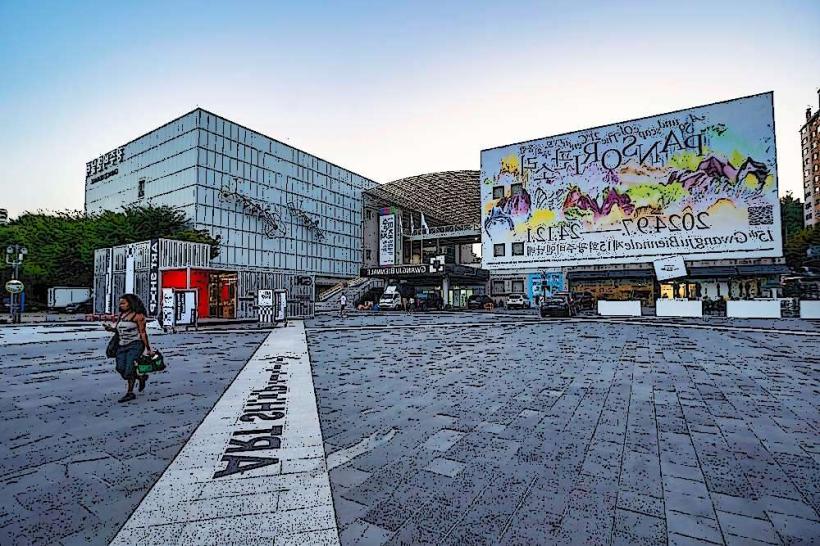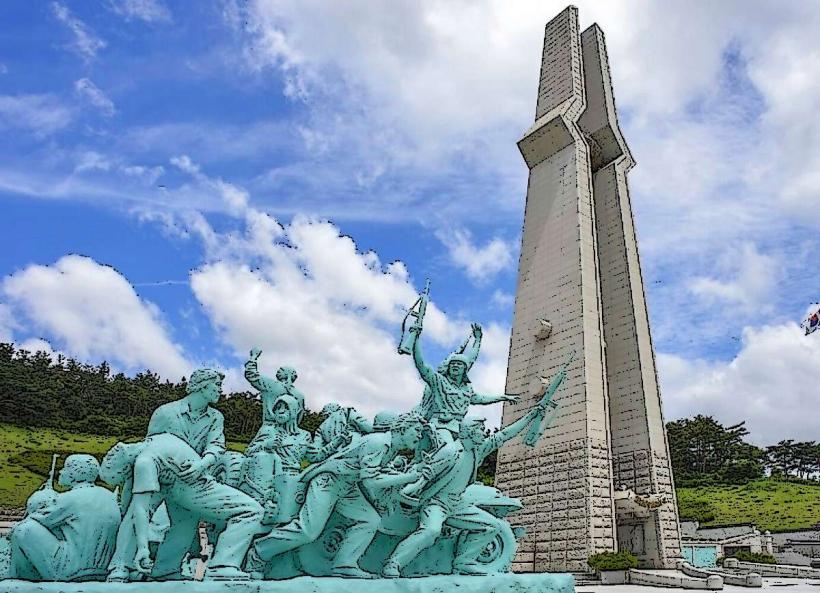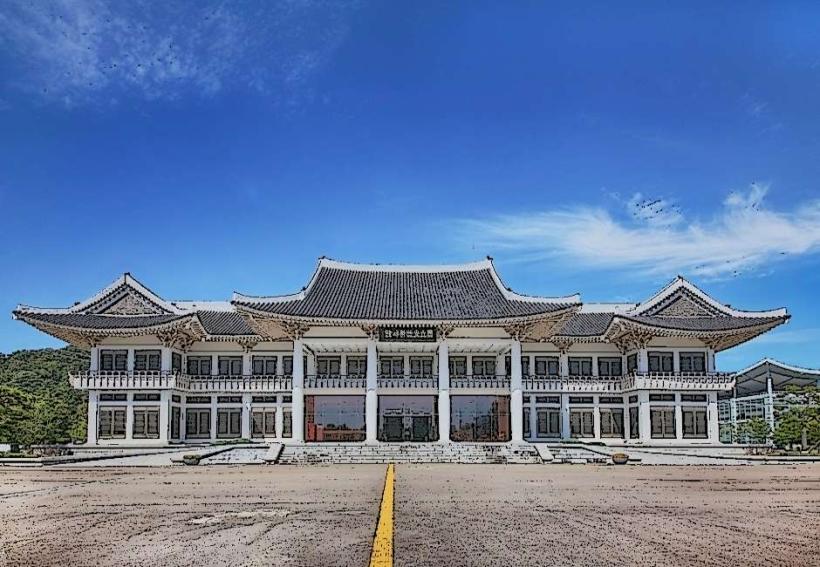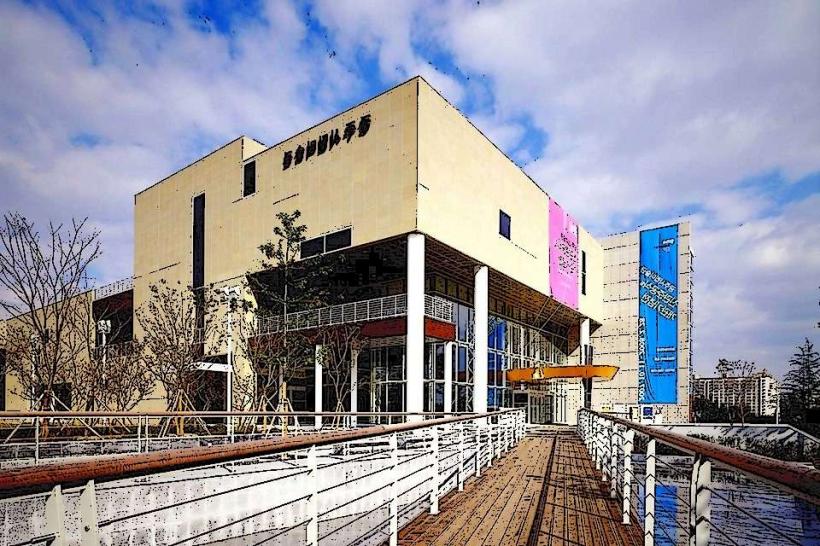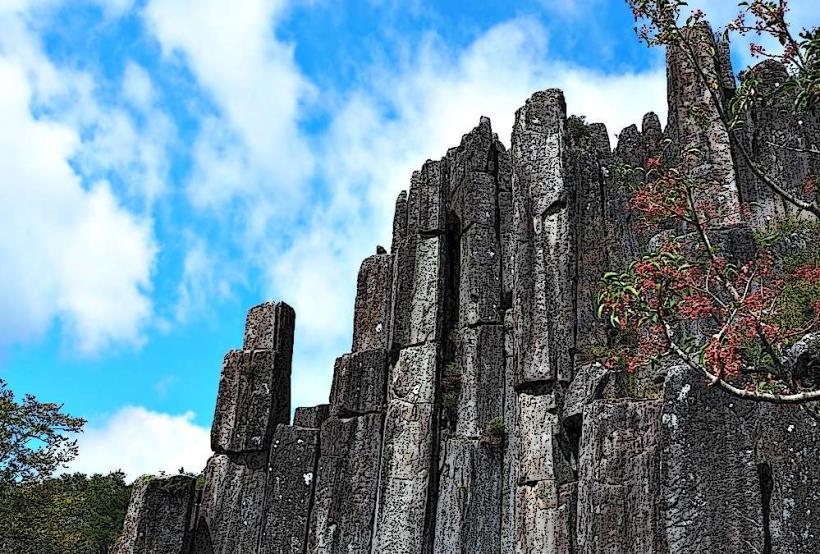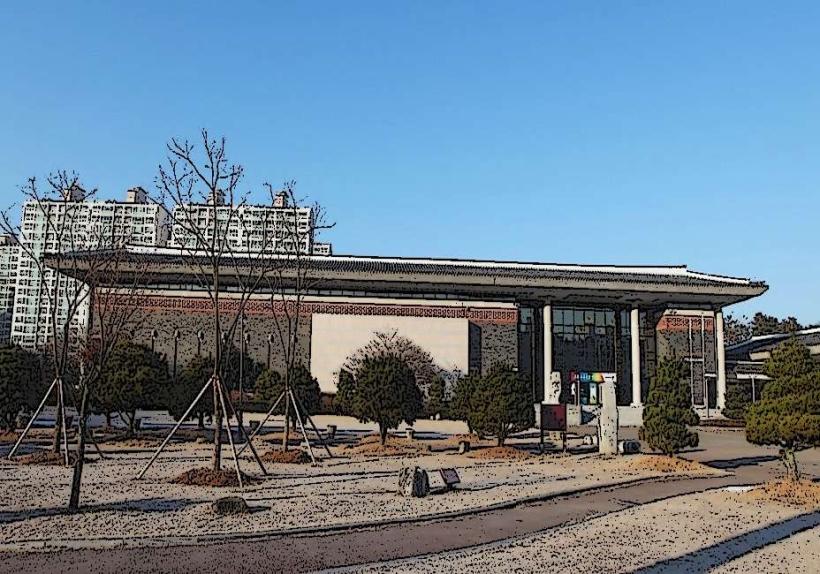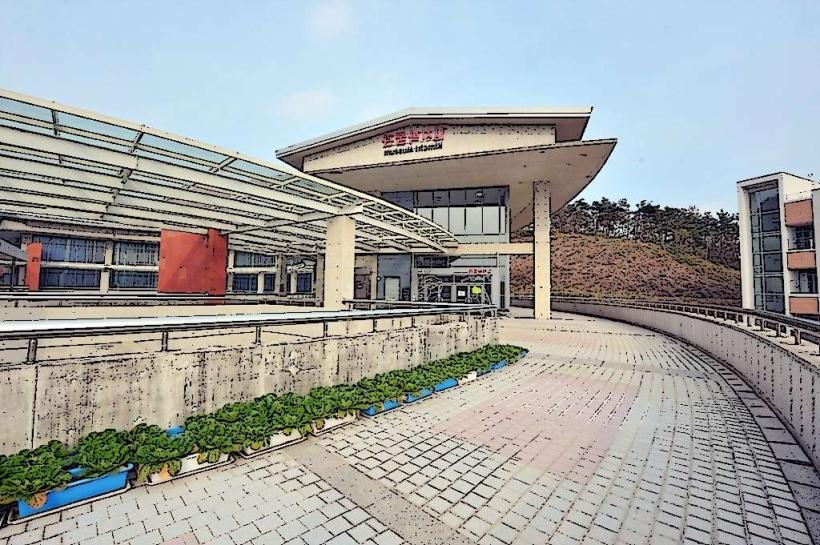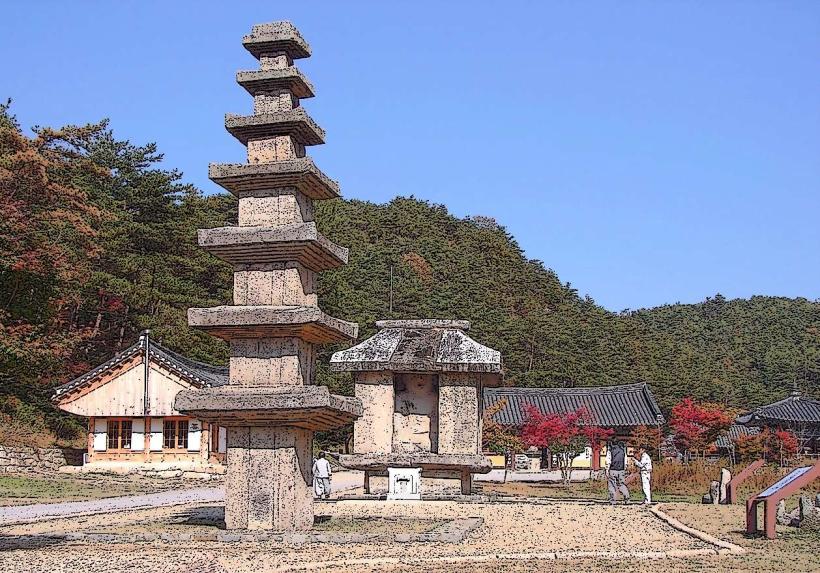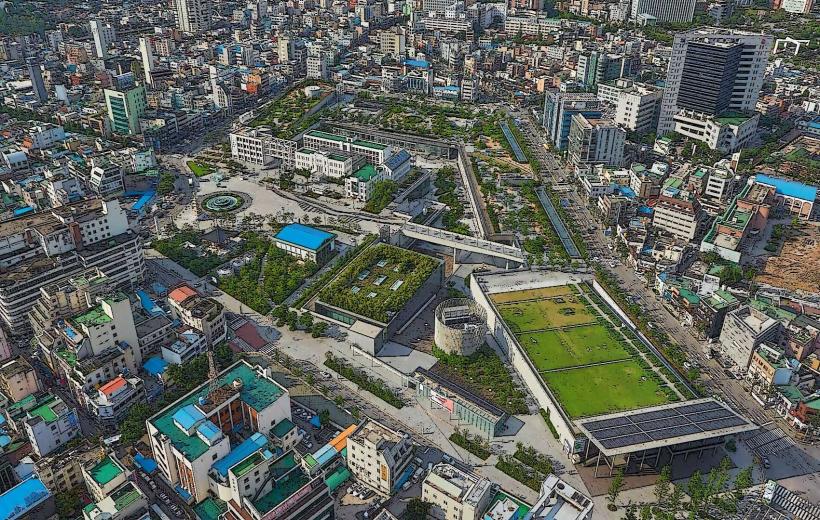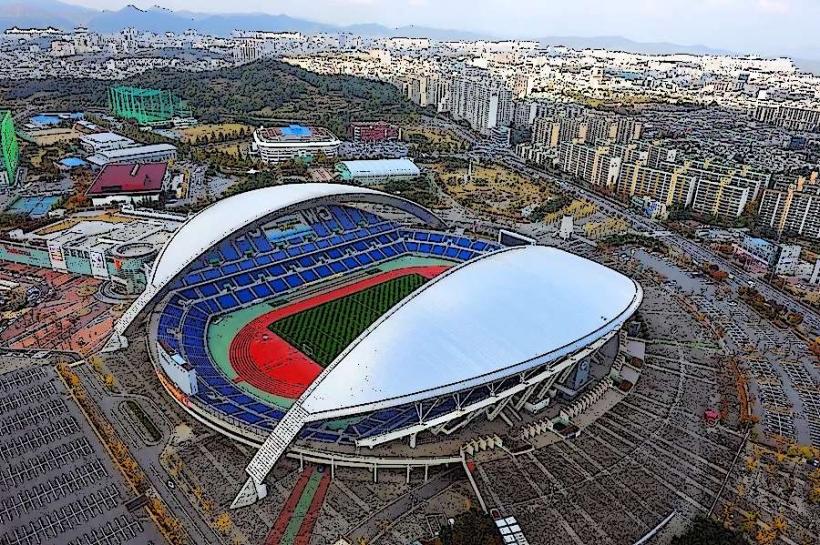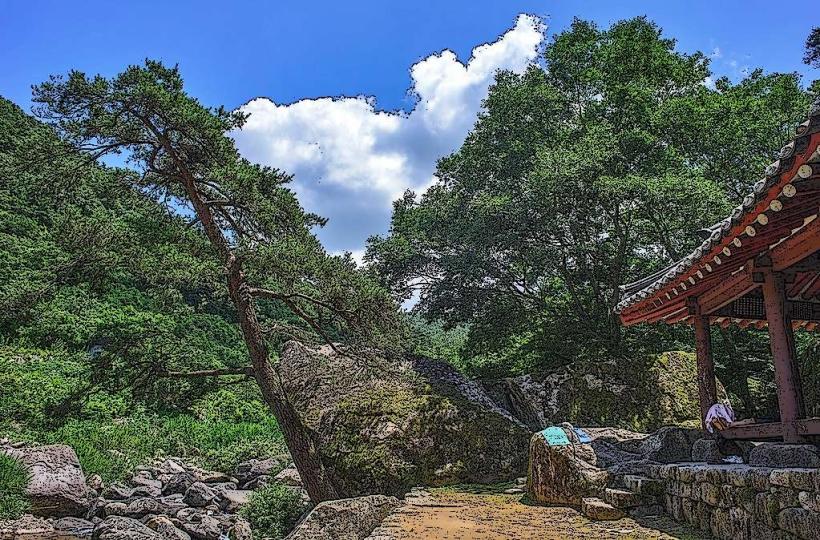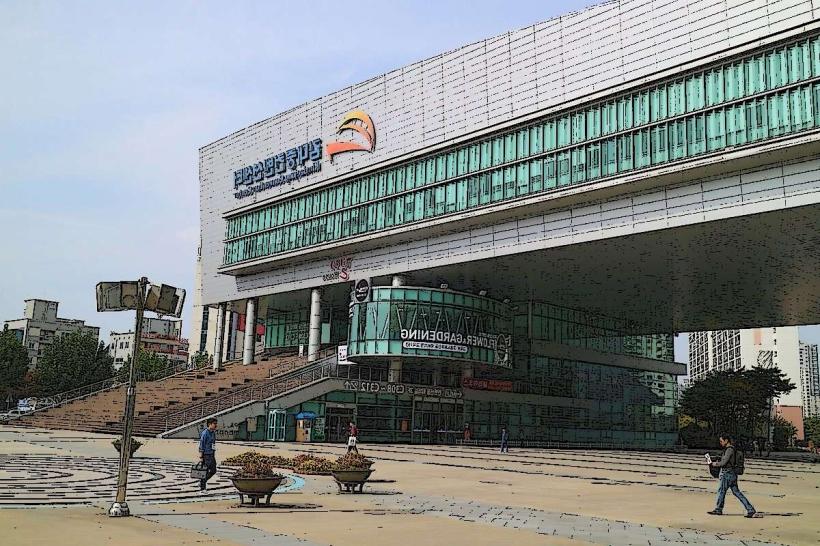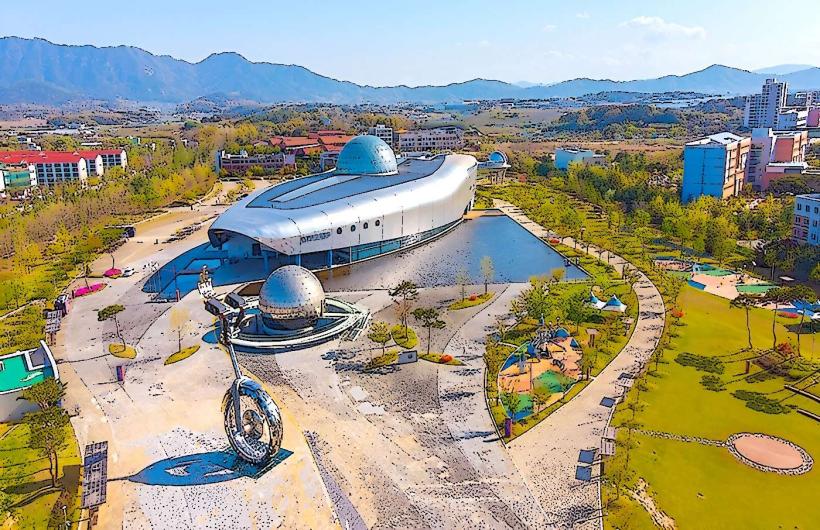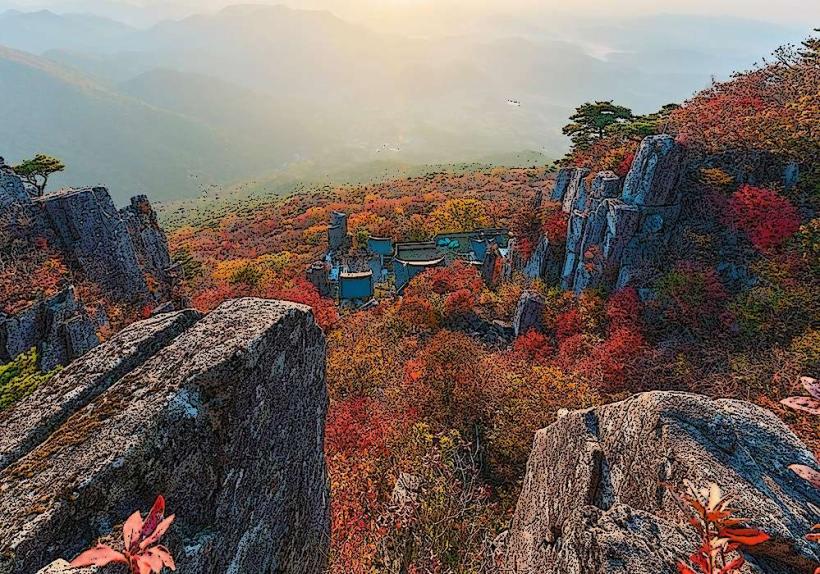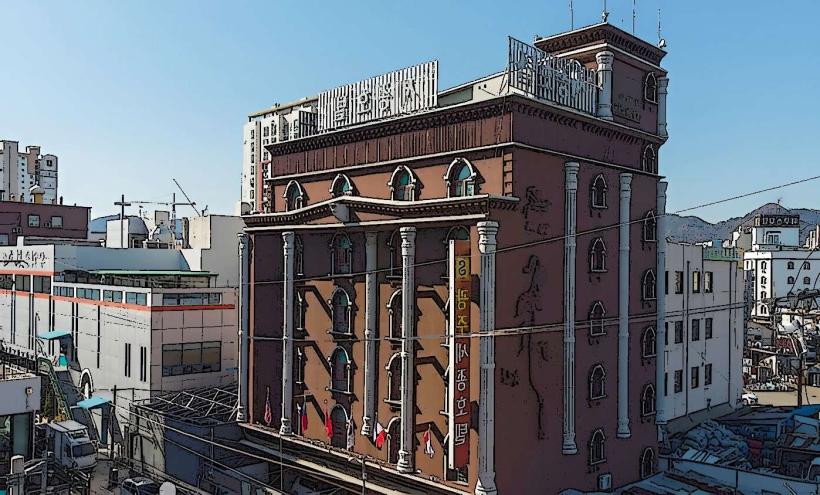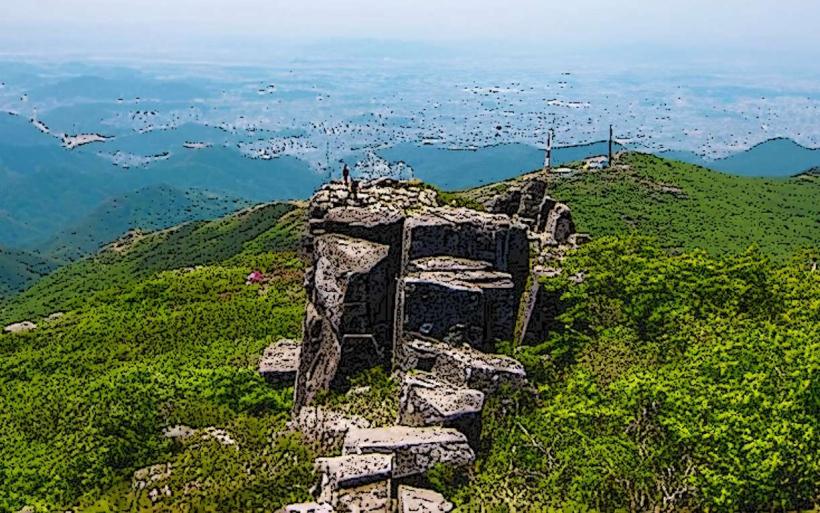Information
Landmark: Chosun University MuseumCity: Gwangju
Country: South Korea
Continent: Asia
Chosun University Museum, Gwangju, South Korea, Asia
The Chosun University Museum is an academic institution located on the campus of Chosun University in Gwangju, South Korea. It houses a collection of artifacts and artworks related to Korean history and culture.
Visual Characteristics
The museum building is a multi-story concrete structure with a rectangular footprint. Its exterior features a neutral color palette, primarily gray and white, with large glass window panels on the upper floors. The architectural style is functional and modern, designed to accommodate exhibition spaces and research facilities.
Location & Access Logistics
The museum is situated within the Chosun University campus, located at 309 University Road, Gwangju, South Korea. It is approximately 5 kilometers east of Gwangju City Hall. Access is via University Road, with dedicated visitor parking available on campus. Public transport options include city bus lines 19, 57, and 100, which stop at the university entrance. The nearest subway station is Gwangju National University of Education Station (Line 1), requiring a 1.5km walk or a short bus transfer.
Historical & Ecological Origin
The Chosun University Museum was established in 1970 as part of Chosun University's commitment to cultural preservation and academic research. Its primary purpose is to collect, conserve, and exhibit materials that document the history and artistic heritage of the Jeolla region and Korea as a whole.
Key Highlights & Activities
Visitors can view permanent exhibitions featuring archaeological findings, traditional Korean art, and historical documents. Special temporary exhibitions are also held throughout the year. The museum offers educational programs and guided tours for groups by prior arrangement.
Infrastructure & Amenities
Restrooms are available on each floor. Limited seating is provided within exhibition halls. Cell phone signal (4G/5G) is generally strong within the museum building. Food and beverage options are available at the university's student cafeteria and nearby commercial areas outside the campus perimeter.
Best Time to Visit
The museum is open Tuesday through Sunday, from 10:00 AM to 5:00 PM. Weekday mornings are typically less crowded. The best time for photography is during daylight hours when natural light can supplement the exhibition lighting. No specific tide requirements apply.
Facts & Legends
A notable artifact in the museum's collection is a collection of celadon pottery from the Goryeo Dynasty, renowned for its intricate designs and distinctive glaze. Local lore suggests that the university campus itself was chosen for its auspicious geomantic properties.
Nearby Landmarks
- Chosun University Main Gate (0.2km West)
- Gwangju National Museum (3.5km Southwest)
- Asia Culture Center (4.0km West)
- Gwangju Art Museum (4.8km Northwest)

